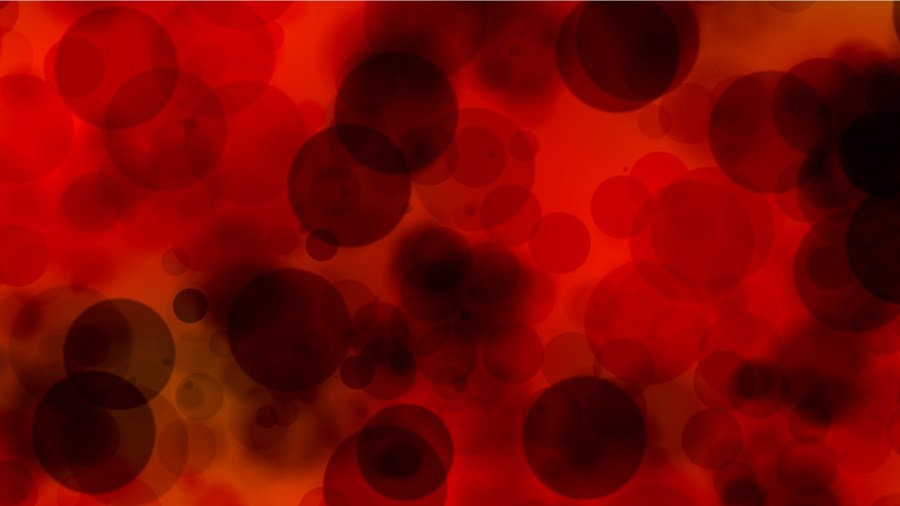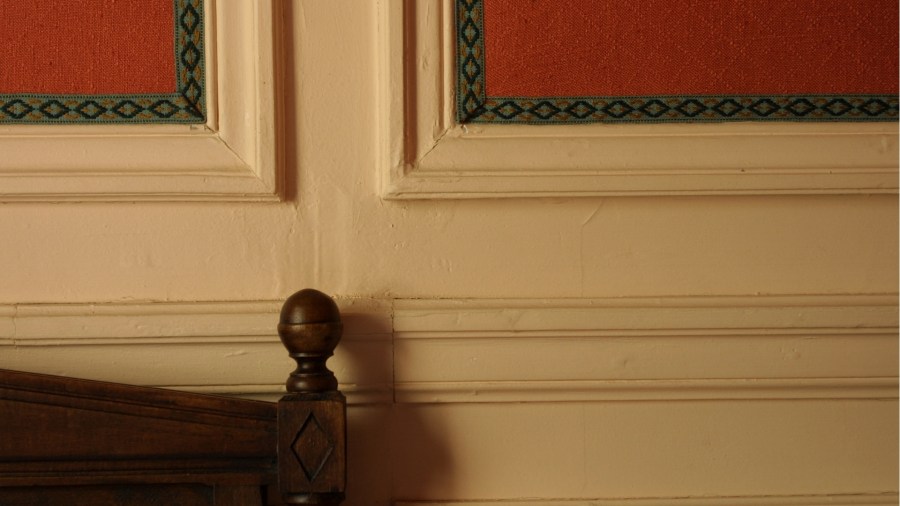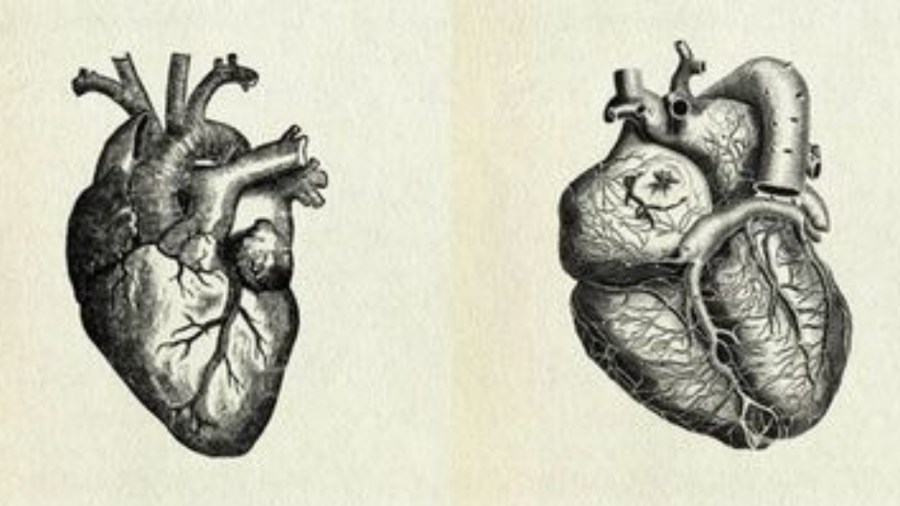“Please lie down,” the man said. He gestured at the pale sidewalk pocked with divots.
“What for?” asked the boy. Could he trust this man? This stranger?
“I can’t draw your outline unless you’re on the ground, can I?” The man’s lips smiled. His eyes sparkled.
He was younger than the boy’s father. Better looking, slim and athletic. Carried himself with a bright and bouncy step. Dressed in khaki shorts and a blue shirt the color of the afternoon sky. The boy had been reading on a bench in front of the library, waiting for his father to get out of his doctor’s appointment down the block.
“Jack London,” the man said, nodding at the book. “Man versus nature, am I right?”
The boy closed the book, embarrassed. Reading was his own private experience, and he didn’t like talking about it. Not to anyone, not even his parents.
“Man doesn’t usually come out on top in that battle.” The man threw back his head and gave a robust chuckle, as if he’d made a great joke. His blond hair was as bouncy as his step.
“Like I said,” the man continued, “I’m doing an art project. Kind of an experiment, actually. What kid doesn’t like experiments?”
He set his case on the sidewalk. It looked like a suitcase, rectangular, bound in dark leather the color of a storm cloud. The man unsnapped a button. Kneeling, he spread his wares, revealing an extensive collection of chalk. Each piece was strapped individually to the inside of the case.
“My own personal rainbow,” the man said. “Pretty much every color you can think of.”
The boy’s curiosity was piqued. He’d been warned not to talk to strangers, but this man seemed kind. Other people – families – strolled along the sidewalks on this sunny warm day, peering into shops, licking ice cream cones. The boy felt safe and he was enjoying the attention from the man. He didn’t have any close friends. When your parents were both ill, kids didn’t like to play with you.
“Take one,” the man said. “Whichever one you want, it’s yours.”
The boy selected a piece the color of blood. It was nearly as thick as his wrist and as long as a pencil. “I can have this?”
Seeing the boy admire it, the man said, “You won’t find this at the local art supply store. This is special chalk, the only kind like it in the world.”
“Where did you get it?”
The man’s expression was thoughtful but guarded, as if remembering an event he wasn’t sure he wanted to share. “I’ve had it for a long time, put it that way. Got it when I was around your age.”
The man said they needed to relocate so nobody would step on the boy, or bump him while he was tracing. Around the back of the library the two found a square of pavement close to the dumpsters. From this vantage the boy could no longer see the sidewalk.
“Don’t worry,” the man said, noticing the boy’s concern. “Won’t take long.” He opened his case again and slid on a pair of gloves. “Were you waiting for someone?”
“My dad. He’ll be back soon.”
“He left you at the library?”
“He’s at the doctor’s,” the boy said. “Should I lie down here?”
“Looks like a good spot. Nice and clean.”
“I can’t think of a pose.” The boy was sitting on the pavement, suddenly at a loss, suddenly weighted by the inevitabilities and possibilities of life, which he was only now beginning to recognize.
“When someone walks past your outline, what should people think about? Anything you want to be, we’ll make you come alive.”
“Flying, I guess.”
“Wonderful. A common request.”
The boy lay on his stomach. He extended his hands and tried to imagine he was soaring through the sky. But the ungiving cement, rough against his bare arms, made him terribly aware that he was stuck to the earth.
“You thinking about your dad?”
“I don’t know.”
“He sick?”
For the past few months the father had been having dizzy spells. It was hard for him to take deep breaths. The boy’s mother had an advanced case of M.S. and couldn’t walk or move well. She’d been suffering for years, since the boy could remember. The boy tried not to think about what would happen if he lost his dad.
The man began chalking. The boy could feel the pressure of the man’s hand against his ribs, wiggling back and forth as he drew a thick line. The raw scraping of the chalk sounded small and lonely. The concrete was cool against the boy’s cheek. He imagined the man cutting a hole in the world. The boy would drop through it, leaving a space in the shape of him. He wanted to experience falling. He wanted to be pulled toward something terrible and permanent where bodies didn’t exist. “To Build a Fire” was the story he had just finished. The man froze at the end. It was sad, but everybody dies.
That’s what the boy read.
The man worked without speaking, a steady pace, as if completing the outline was both necessary and urgent. It was a strange and unfamiliar sensation, someone working so diligently for him. It gave the boy a feeling in his stomach he’d never had before. The man progressed around the boy, doing the arms, hands, and head. The boy breathed in the man’s body: rich, salty sweat mixed with the dust of the chalk. Pressed against the pavement, the boy became aroused. Before long the man’s hands were positioned inside the boy’s thighs: back and forth, back and forth, jiggling the boy slightly but persistently. His erection strained. A powerful surge rushed through him. He gasped, feeling his own hot breath as he kissed the pavement.
“All done,” the man said. “Let me help you up.” He extended a hand.
The boy stood on his own. Wetness on his belly. He hoped the man hadn’t seen, didn’t know. The man’s face gave no indication. The boy slid the gifted chalk into his pocket.
The man stepped back a few feet and looked hard at the outline, as if searching deep water for something he was certain lay just beyond his vision. “What do you think?”
The boy was shocked by what he saw: “It’s me.”
The man had used vibrant colors, lines weaving through each other, intertwining in a braid. The effect was of a pulsing energy, like a force field in the boy’s shape. The boy couldn’t believe how big he’d gotten.
A faraway voice called his name. The boy ran to his father without looking back, the blood-red chalk nestled firmly against his thigh.
After graduating from Western Michigan University with an MFA in fiction, Darrin Doyle taught English in Japan for a year. He then earned his PhD from the University of Cincinnati. He is the author of the novels Revenge of the Teacher’s Pet: A Love Story and The Girl Who Ate Kalamazoo, and the short story collection The Dark Will End the Dark. His short stories have appeared in Alaska Quarterly Review, Blackbird, Harpur Palate, Redivider, BULL, and Puerto del Sol, among others. Currently, Darrin teaches at Central Michigan University and lives in Mount Pleasant, Michigan with his wife and two sons.









